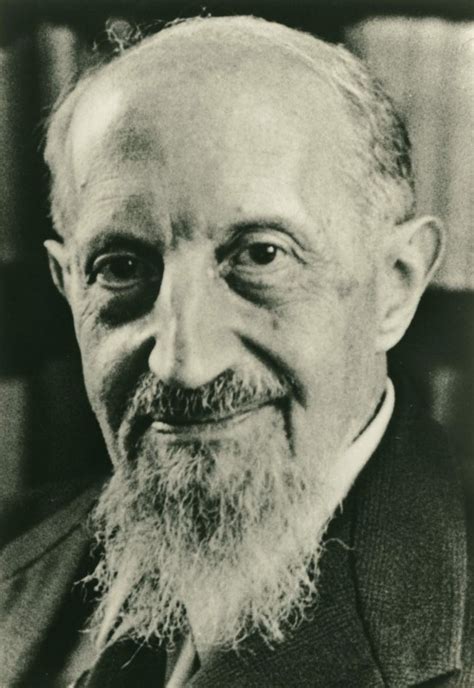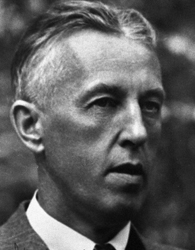A Quote by Marianne Williamson
Relationships are our primary teacher. They are the context in which we either grow into God consciousness, or deny ourselves and others the opportunity to do so.
Quote Topics
Related Quotes
We are dominated by everything with which our self is identified. We can dominate and control everything from which we disidentify ourselves. The normal mistake we all make is to identify ourselves with some content of consciousness rather than with consciousness itself. Some people get their identity from their feelings, others from their thoughts, others from their social roles. But this identification with a part of the personality destroys the freedom which comes from the experience of the pure “I”.
Many quantum physics are realizing or hypothesizing that consciousness is not a byproduct of evolution as has been suggested. Or for that matter, an expression of our brains, although it expresses itself through our brains. But consciousness is the common ground of existence that ultimately differentiates into space, time, energy, information and matter. And the same consciousness is responsible for our thoughts, for our emotions and feelings, for our behaviors, for our personal relationships, for our social interactions, for the environments that we find ourselves in, and for our biology.
We human beings are social beings. We come into the world as the result of others’ actions. We survive here in dependence on others. Whether we like it or not, there is hardly a moment of our lives when we do not benefit from others’ activities. For this reason, it is hardly surprising that most of our happiness arises in the context of our relationships with others.
The celebration of Lent, in the context of the Year of Faith, offers us a valuable opportunity to meditate on the relationship between faith and charity: between believing in God - the God of Jesus Christ - and love, which is the fruit of the Holy Spirit and which guides us on the path of devotion to God and others.
In pursuing personal growth, there are issues where we can advance just so far by ourselves. At some point, our continued progress and improvement can only come about through relationships with others. Romantic love is an intense and intimate exposure to another person; if we can be who we want to be, even in that context, then our spiritual growth is exponentially expanded.
I do not deny God, because that word conveys to me no idea, and I cannot deny that which presents to me no distinct affirmation, and of which the would-be affirmer has no conception. I cannot war with a nonentity. If, however, God is affirmed to represent an existence which is distinct from the existence of which I am a mode, and which it is alleged is not the noumenon of which the word I represents only a speciality of phenomena, then I deny God, and affirm that it is impossible God can be.
I believe in empathy. I believe in the kind of empathy that is created through imagination and through intimate, personal relationships. I am a writer and a teacher, so much of my time is spent interpreting stories and connecting to other individuals. It is the urge to know more about ourselves and others that creates empathy. Through imagination and our desire for rapport, we transcend our limitations, freshen our eyes, and are able to look at ourselves and the world through a new and alternative lens.
When we seek happiness through accumulation, either outside of ourselves-from other people, relationships, or material goods-or from our own self-development, we are missing the essential point. In either case we are trying to find completion. But according to Buddhism, such a strategy is doomed. Completion comes not from adding another piece to ourselves but from surrendering our ideas of perfection.
The real question is whether we can learn anything from our experiences upon which we may grow and help others to grow in the likeness and image of God. We know that if we rebel against doing that which is reasonably possible for us, then we will be penalized. And we will be equally penalized if we presume in ourselves a perfection that simply is not there. Apparently, the course of relative humility and progress will have to lie somewhere between these extremes. In our slow progress away from rebellion, true perfection is doubtless several millennia away


































